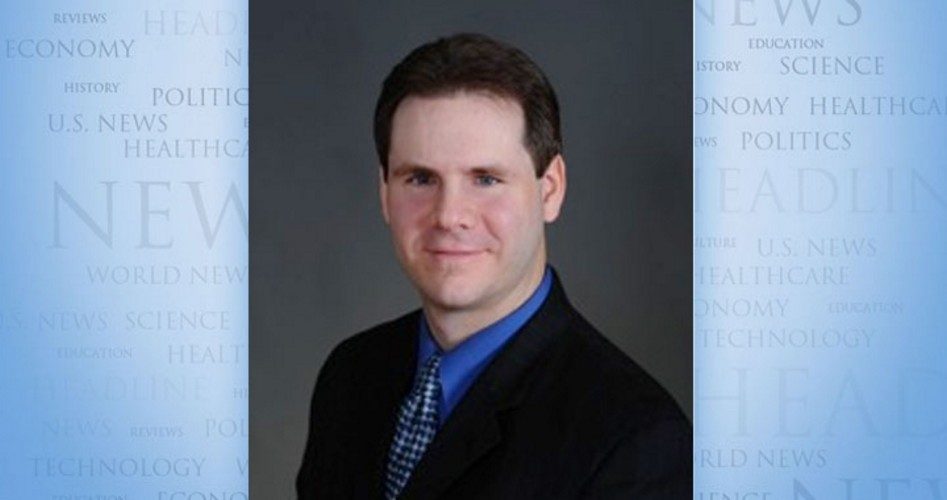
While leftists are outraged at the idea of banning immigrants who may spit on our Constitution, banning judges who would actually uphold it is a different matter. This brings us to the opposition to President Trump’s Supreme Court pick, Judge Neil Gorsuch, who The New York Times actually calls a “Nominee for a Stolen Seat.” In reality, the Times advocates a perversion of judicial philosophy that long ago had stolen Americans’ birthright.
The paper complains that like Justice Antonin Scalia, Gorsuch “is an originalist, meaning he interprets the Constitution’s language to mean what it was understood to mean when it was written….” Leftists prefer the Constitution be considered a “living document,” interpreted to “suit the times” (and the Times). This just guarantees a dying republic.
Why? Consider: Imagine I violate the language of a contract to which you and I are party. You take me to court, but the judge determines that the contract can be interpreted to suit the times. You may object and say the “times” are being interpreted to suit me, but the judge is in my pocket.
Oh, he justifies this by saying he’s a “pragmatist.” Feel better?
The analogy is apt because, in essence, the Constitution is the contract the American people have with one another. It specifies the rights (of the people) and powers (of the different governmental arenas) of those party to it. It does have one significant flaw, however.
For it to work as intended, people must actually abide by it.
When they don’t, our very rights are in jeopardy.
Another analogy was drawn by Chief Justice John Roberts when, during his confirmation hearings, he said his job was only “to call balls and strikes.” Expanding on this, judges can in fact be likened to baseball umpires, while the players are the people, the game’s ruling body is the legislature and the rule book the Constitution.
Now, if a rule is thought inadequate, it’s the ruling body’s role to change it. Of course, the players, umpires or anyone else may lobby passionately in that regard. What, however, if an umpire considered the rule book living and said, “With the great pitchers in these times, three strikes are insufficient; I’m giving the batter four strikes”?
He’d be fired. And would it help his cause if he added an intellectual veneer to his cheating, saying “You don’t understand! I’m not a radical like those originalists! I’m moderate — a pragmatist”?
No, he’s a bad umpire — and he’d be history.
Likewise, all the terms describing justices — constructionist, originalist, moderate, pragmatic — are part of a pseudo-intellectual rationalization obscuring a simple truth: There are only two kinds of justices, good justices and bad justices. Good justices rule based on the founders’ original intent.
Bad justices don’t.
They put a spin on the Constitution to prove “by words multiplied for the purpose, that white is black, and black is white,” as satirist Jonathan Swift put it, so they can impose their agenda from the bench.
Some will say we mustn’t be hamstrung by a 200-year-old document. This gets at the big lie. There is a lawful way to make the Constitution “live”: the Amendment Process.
Yes, it can be long and difficult. This ensures that before our national contract is altered, the vast majority of those party to it (the people) agree on the change. “Living-document” judges, with an intellectual veneer and a sneer, usurp this power. The people are to decide when and how the Constitution will live — not five unelected lawyers.
Those who trade the rule of law for the rule of lawyers, to facilitate an unconstitutional agenda, tread a dangerous path. Their corruption of the establishment has led to precisely the kind of anti-establishment movement we see today. After all, if a game is judged and won or lost fairly, both sides can accept the outcome. But what happens when the vanquished know the judges fixed the contest for the other side?
That is the stuff revolutions are made of.
The living-document lie can be gussied up as “pragmatism” or something else, but it’s not a legitimate legal philosophy. We can have a living constitution or a living constitutional republic — but we cannot have both.
Contact Selwyn Duke, follow him on Twitter or log on to SelwynDuke.com


